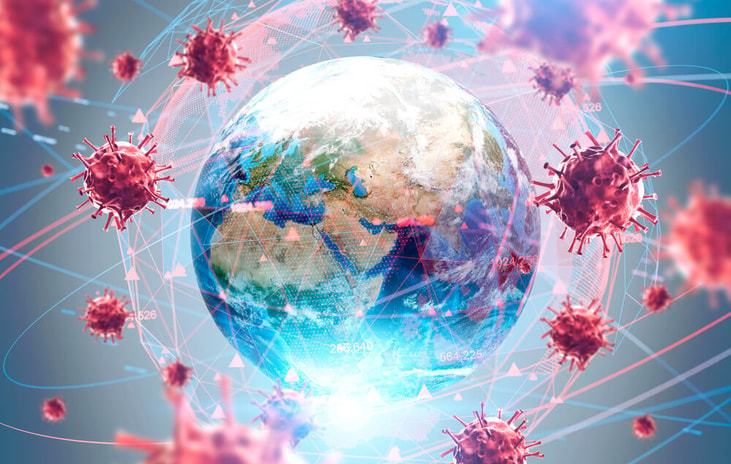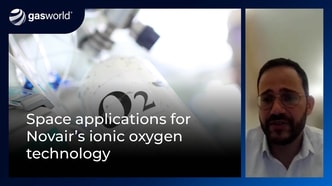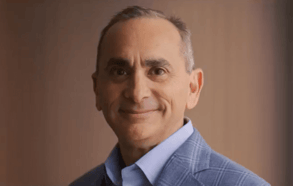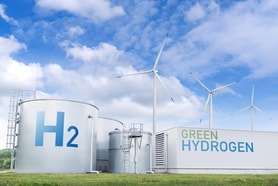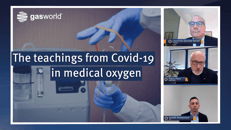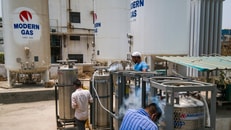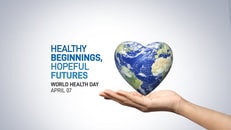WHO adopts pandemic agreement, including oxygen supply plan
The World Health Organization (WHO) has formally adopted the first pandemic agreement.
The landmark decision comes after more than three years of intense negotiations involving 124 governments in response to the devastating impacts of the Covid-19 pandemic and driven by the goal of making the world safer from future pandemics.
A key element in the agreement concerns “a more equitable and better prepared world,” particularly with regard to supporting developing countries in sourcing and distributing medical supplies, especially oxygen.
Each country, collaborating with the WHO, will develop and maintain national health information systems, and monitor and periodically assess its preparedness capacities.
... to continue reading you must be subscribed

